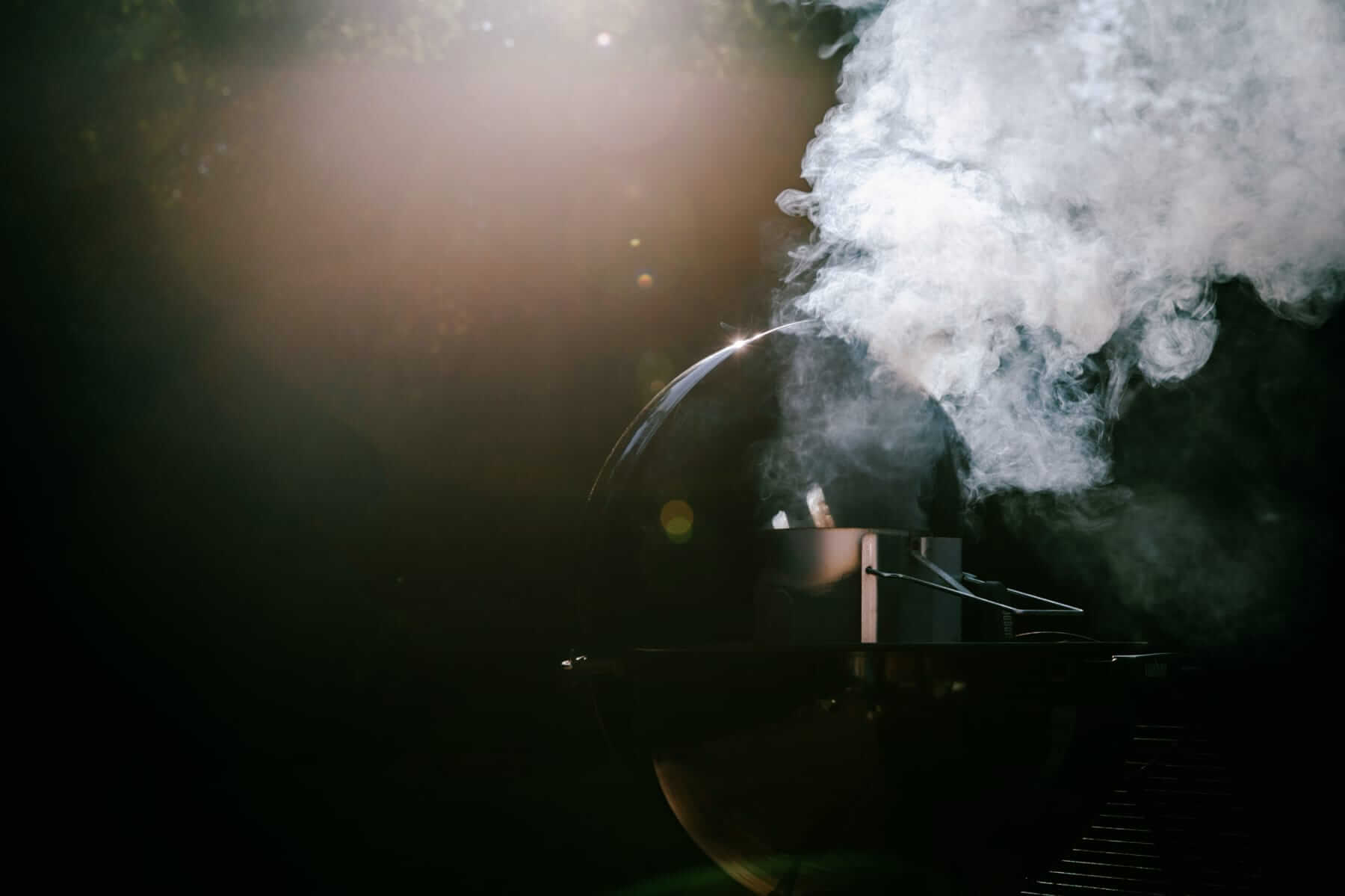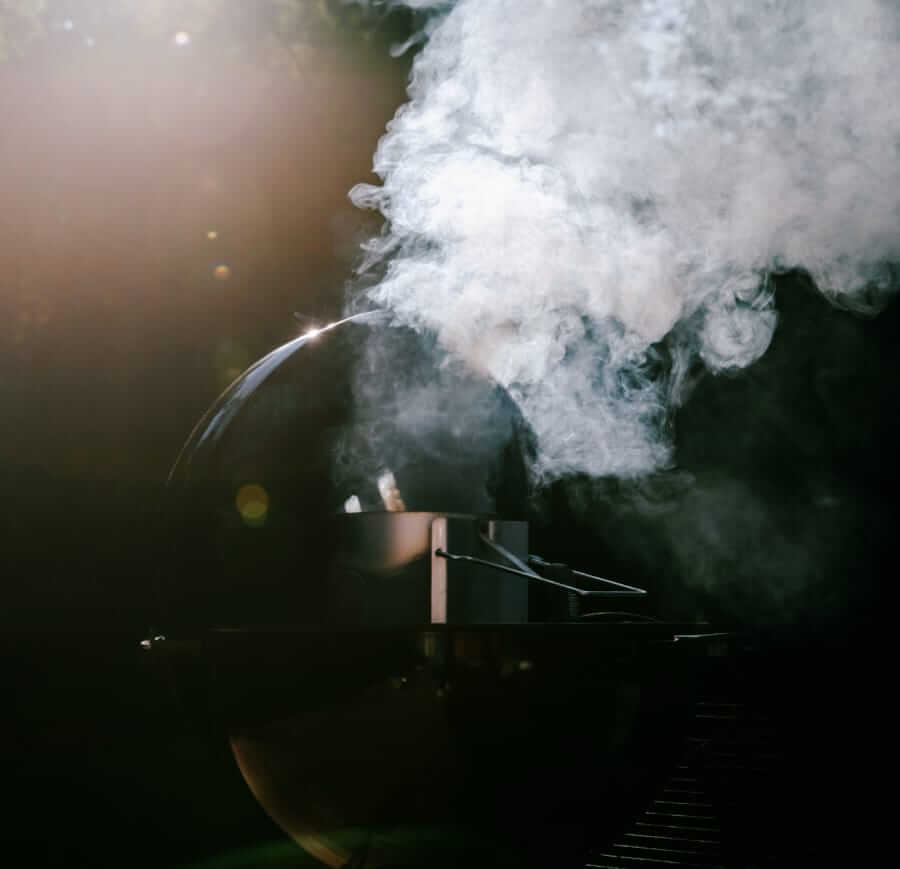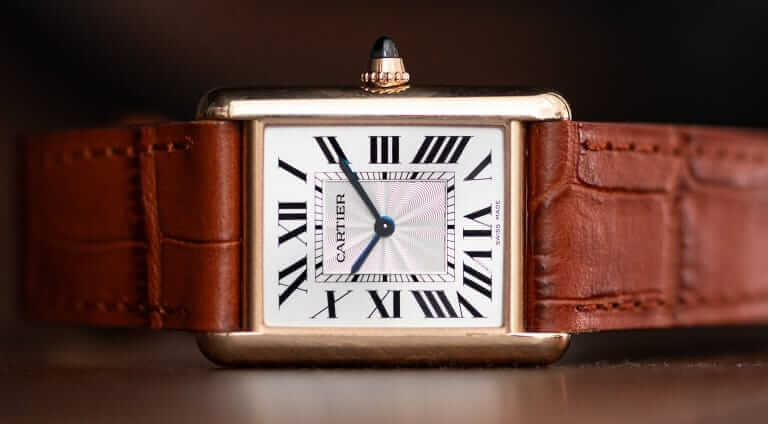
Anatomy of a Classic
The Weber
Kettle Grill
The legendary backyard grill has an unusual origin story
If I asked you to close your eyes and imagine a grill in the backyard, the majority of you would imagine a Weber Kettle Grill. While there are disputes about who created the first backyard grill, there's no mistaking the Weber as the undisputed champ. To this day, it remains by far the top-selling charcoal cooker in the world.
After World War II ended, Americans reveled in a new kind of comfort. Many took tropical vacations (and those who didn't sat through their friends' slideshows to get a peek). This developed a taste for Tiki drinks, grilled meats and outdoor living. Meat rationing was over and these new suburban backyards were the perfect place to set up a grill. The outdoor patio suddenly became a new kind of space for men.
But the brick fire pits and oversized community-sized grills that were manned for traditional western and southern barbecues weren't exactly compatible with smaller suburban back yards. Plus you needed a pitmaster's skill set and know-how to operate them.

An original
George's Barbecue Kettle.
One enterprising man changed that. In the early 1950s, George Stephen was working at Weber Brothers Metal Works in Chicago. He liked to cook out but wasn't happy with the open brick pit in his backyard because he couldn't control the heat and often ended up breathing in way too much smoke. At the time, Weber Brothers was producing metal buoys for Lake Michigan, and it gave Stephen an idea. He obtained two of the half spheres for the buoys and created a grill by welding on some legs and tossing in some charcoal.
But it didn't work. The fire kept going out. Legend has it that it was Stephen's neighbor, watching from across the fence, who offered some valuable advice. “Poke some holes in that thing so the fire can get some air!” So the pair grabbed a few tools from his garage and punched some holes into the metal. The flames roared and now they were cooking.
Advertisement
That rudimentary backyard research and development led to the first official kettle grill, which debuted in 1952. After creating the initial version, Stephen hit the road, demonstrating “George's Barbecue Kettle” at mom-and-pop hardware stores across America. It initially sold for $29.95 (about $330 in today's dollars). Of course, it took a couple years and a few grill iterations later for the business to really take off. George's Barbecue Kettle was renamed the Weber Kettle and slowly but surely made grill masters out of ordinary suburban men.

An early Weber advertisement.
The unique space-aged shape helped it take off. But the reason why men loved it was because it resolved all of those early grilling pain points. The enclosed dome shape sealed in most of the smoke (and the smoky flavors) while giving backyard grillers better heat control while cooking their meals. The lid also let you easily snuff out the coals when you were done cooking while preventing the grills from filling up with water during a summer storm.
Over the years, the company kept tweaking and improving the design. They added wheels and a taller lid as well as coating the body with a porcelain enamel to keep it from rusting. They added a thermometer to gauge the internal temperature and introduced kettles in various sizes. But ultimately, the kettle grill today is the same design as the one fashioned out of those buoys.
Your Options
Your Options
This summer, Weber is celebrating its 70th year in business. To commemorate the occasion, the company has introduced a limited edition model of its 22-inch kettle, complete with heritage colors and details that reflect 1950s Americana. Each of the four colors is named after elements of American culture from the era, from Hot Rod Yellow and Diner Green to Rock ’n Roll Blue and Hollywood Gray. They come with an auto-inspired hood-ornament lid thermometer and arrives packaged in throwback-style Weber box. Of course, the original stands the test of time and remains one of the best values for your money when it comes to a quality charcoal grill.
FYI









